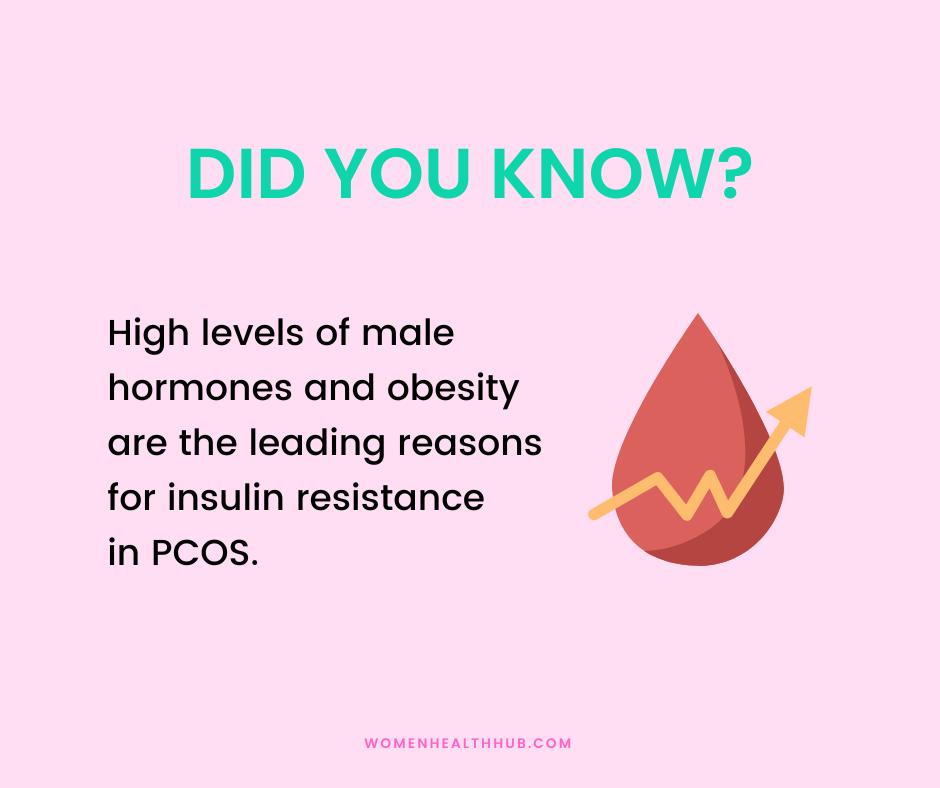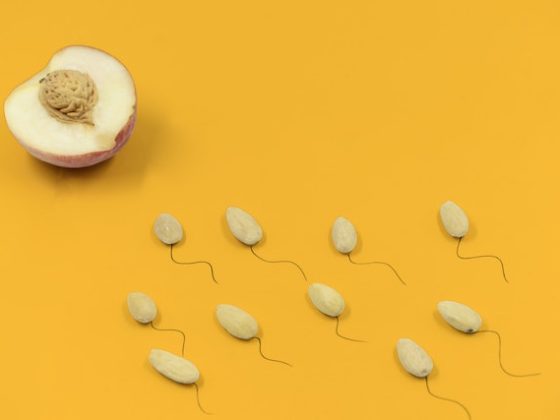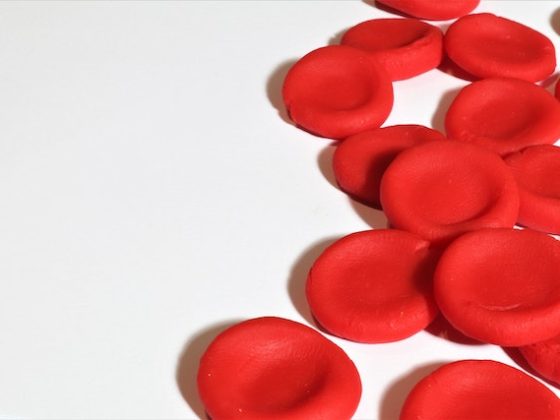Hey there! This post may contain affiliate links. As an Amazon Associate, I earn a teensy commission from qualifying purchases when you buy through these links (at no additional cost to you). For more info, please check the full disclaimer.
PCOS is a common reproductive disorder, affecting every 1 in 10 women. can affect 1 in 10 women of reproductive age. While the condition may lead to various health complications, problems with conceiving usually arise when PCOS causes insulin resistance.
Polycystic Ovarian Syndrome (PCOS) is a hormonal disorder, characterized by the presence of multiple small cysts (fluid-filled sacs) in the ovaries.
Symptoms of PCOS can vary from person to person. However, most women with PCOS experience irregular periods, high androgen (male sex hormone) levels, and ovaries with small cysts.
The cysts are not harmful themselves. They are a result of hormonal imbalances occurring because of PCOS.
In this blog, you’ll discover why PCOS causes insulin resistance and how it can impact your overall wellbeing.
What is Insulin Resistance
Insulin is a critical hormone made by the pancreas, helping the body utilize glucose for energy. When we eat something, the food is converted into glucose or sugar and released into the bloodstream. Insulin’s job is to push all that extra glucose into the cells to be used as energy or stored as fat.
When cells become resistant to insulin, they don’t respond to the hormone well, and as a result, glucose builds up in the blood. In an attempt to meet the requirement, the pancreas produce more insulin.
Ultimately at one point, your body has extra sugar and extra insulin. Both affect the blood vessels or organs and weaken them.
This may result in different diseases, including type 2 diabetes, heart disease, and stroke.
Why PCOS Causes Insulin Resistance
The exact reason for PCOS is still unknown. Experts believe that the disease may develop due to genetic and environmental factors. Insulin imbalance is also connected to PCOS.
According to studies, insulin resistance is present in almost 30-80% of patients with PCOS.
Scientists are in the process of studying why PCOS causes insulin resistance. So far, the studies pinpoint the high levels of androgens and obesity as major reasons.
- Hyperandrogenism: It refers to high levels of androgens in the blood. Androgens can cause increased insulin production, which then stimulates the ovaries to produce more androgens. In turn, this becomes a never-ending loop.
- Body Weight and Fat: Obesity, especially excess fat around your waist, is a primary cause of insulin resistance. Lack of adequate physical activity may contribute to PCOS and consequently, insulin resistance.
Read More: 10 Best Beginner Exercises for Weight Loss

Symptoms of Insulin Resistance in PCOS
Insulin resistance can cause various symptoms in women with PCOS. Some of them are as below.
- Irregular menstrual periods
- Darkened patches of skin, typically on the neck, armpits, or groin
- Increased hunger and cravings
- Excess hair growth (hirsutism)
- Oily skin and acne
Read More: 10 Symptoms of Thyroid Disorder
Treatment for PCOS and Insulin Resistance
When PCOS causes insulin resistance, it may result in various unpleasant side effects. That’s why, timely treatment of this condition is vital to avoid further complications.
Doctors usually recommend lifestyle changes as the first line of action against managing the disease. This may include weight loss strategies, regular exercising, ditching foods that are harmful to hormones, and managing stress.
In addition, you may be prescribed medications if PCOS causes insulin resistance to balance the hormones. Metformin, spironolactone, and birth control pills are the most common drugs for this purpose.
Many women also go for acupuncture and herbal supplements to treat the condition naturally.
Doctors also advise avoiding smoking and limiting alcohol intake as it may aggravate the disease.
When to Seek Medical Help
Dealing with PCOS is a long journey. Consult a doctor if you face any of the following:
- Sudden or severe pain in the abdominal region
- Irregular periods
- Sudden changes in the weight
- Infertility or inability to conceive
Conclusion
PCOS is a hormonal disorder that often involves insulin resistance. Insulin resistance can contribute to weight gain, irregular menstrual cycles, and other symptoms associated with PCOS. Managing insulin resistance through lifestyle changes, medications, and reproductive interventions can help alleviate symptoms and improve overall health in individuals with PCOS. Seeking medical assistance is important for proper diagnosis and personalized treatment.
References:
- https://www.cdc.gov/diabetes/basics/insulin-resistance.html
- https://doi.org/10.1093/humupd/dmaa029








